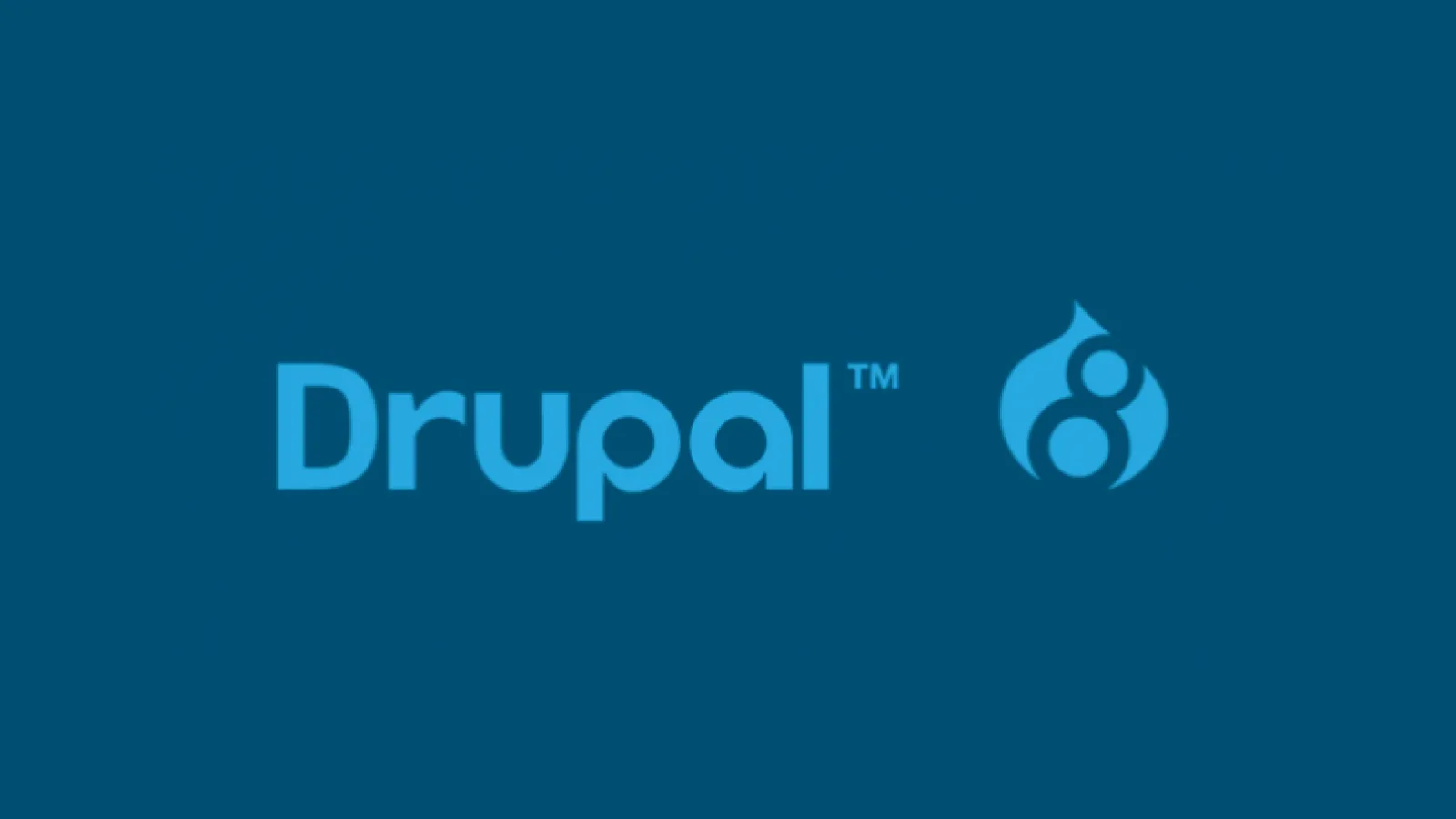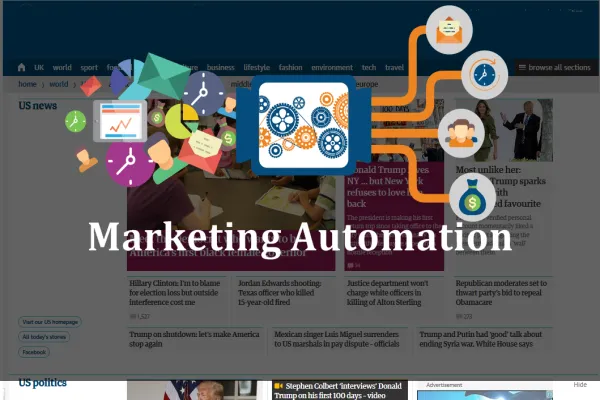Why Marketing Automation
Marketing automation software streamlines, automates and quantifies the output of marketing tasks and workflows. It lessens chaos, reduces the need for human interaction and gives sales and marketing departments metrics that help prove the impact of their efforts on revenue.
What it consists of:
Marketing programs
Once emails are set up before the associated campaign or event, marketing automation software ensures emails are sent out throughout the campaign without human intervention. Likewise, the associated social media messages, SMS and recorded phone calls are also sent out as scheduled by the software itself.
Landing Pages
All online marketing programs must be linked to landing pages. Marketing automation ensures that the customer activity is tracked at the landing page. Information captured about the customer through web forms is directed to a mailing list, to be used for future campaigns. Landing page forms also facilitate demographic profiling of your lead, helping you to target relevant marketing campaigns to him or her.
Lead Generation
Lead generation is the output of any activity such as email and social campaigns, online advertising etc that causes a person to be interested in your product or service. Once effective content is created for the activity, marketing automation ensures that the content reaches a large target audience as you’ve scheduled.
Lead Scoring
Through marketing automation, the demographic information you capture online about the lead is scored according to how much the lead fits your target profile. Similarly, each online user activity on your website/landing page and other contact points is allocated a score depending on how much a part of the buying process it is. Informed prediction of consumer buying activity based on such lead scoring can help in targeting the leads with the right automated marketing activity for their level of interest and buying capacity, thus maximizing revenue.
Lead Management
Based on lead scores, marketing automation sends the selected nurturing and marketing efforts (emails, SMSs, recorded voice calls etc) to the relevant set of leads. This ensures that the nurturing and marketing is differentiated based on how likely or how ready the lead is to buy. Marketing automation also adds the leads to the customer database once they buy something.
Leveraging and Retention of Customer Base
Existing customers, too need to be sent messages that show you value them. Up-selling or cross-selling to is an efficacious way of ensuring high returns. Marketing automation sends the scheduled messages in chosen forms to your customers as part of facilitating further sales.
CRM Integration
Once your marketing automation software helps generate customers, it’s the turn of your customer relationship management or CRM software to organize, track, and manage all of your customer information, activities, and conversations and to provide your sales, marketing and customer service teams with customer information. You use the information sent by your CRM to your marketing automation software which then sends out messages to customer segments to result in retention and further sales. Data relating to these efforts is in turn fed to your CRM. This interdependence is why your marketing automation software needs to integrate with your CRM software.
Marketing Analytics
Marketing automation software has inbuilt capabilities of marketing analytics to allow you to monitor campaigns and their outcomes. This allows you to quantify the success of your effort as well as to choose which efforts are really paying dividends.
CMS Integration
Every single marketing effort needs large-scale content creation and management. And all of this needs collaborative efforts facilitated by a powerful CMS. The marketing automation you choose should necessarily integrate with an effective CMS.
To learn how Valuebound can help you with adopting marketing automation, contact us. We are a leading Drupal development company providing enterprise Drupal web solutions.





